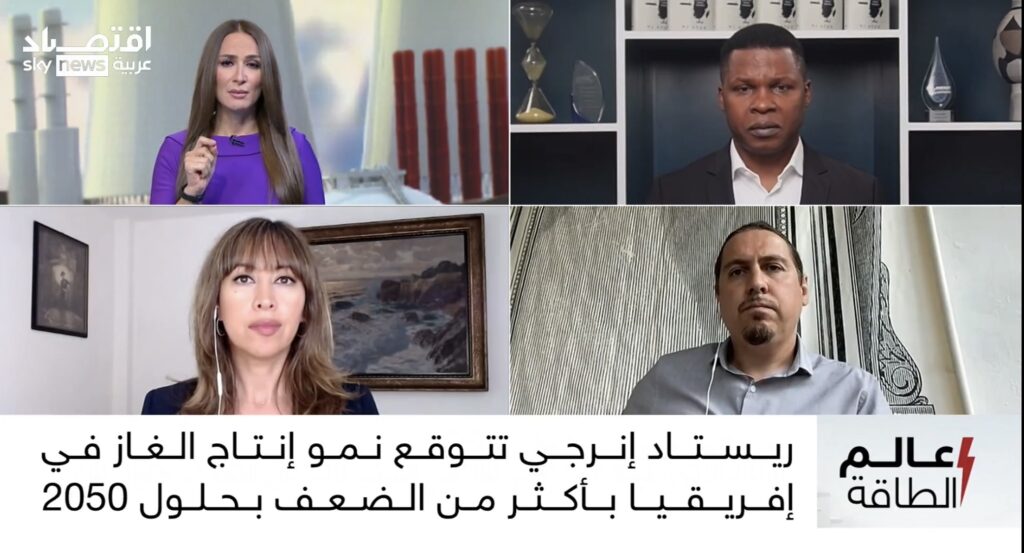In this interview given to Lubna Bouza, from Sky News Arabia, Dr. Carole Nakhle, CEO of Crystol Energy, comments on the outlook for natural resources in Africa.
Key takeaways:
– Although the coup in Niger raised concerns about the security of supply of Uranium, particularly to the EU and France, Niger was hardly a stable country before the coup, and it would have been simplistic to believe that supplies from the African nation were secure.
– The EU has built storage of Uranium equivalent to around three years of supply in case a global shortage of the fuel prevails.
– Several African countries are a textbook example of the resource curse. The discovery of natural resources in developing countries with poor institutions, such as in Africa, has worsened, instead of improving, their economic, political and social performance. The deterioration of the political situation and the increase in corruption and violence are some manifestations of the curse.
– Strong institutions and proper governance of the natural resource sector are the only way to avoid a resource curse.
– Any conflict between great powers on African soil won’t be of any long term, lasting benefit for African countries.
– It is not up to investors to treat host governments fairly; it is the government’s responsibility to set up an institutional and legal framework that safeguards its natural resource wealth for its own people and avoids preferential treatment for certain investors.
Dr. Nakhle was joined by:
- NJ Ayuk, Executive Chairman at the African Energy Chamber
- Alexei Grivatch, Deputy Director General for Gas Issues at the Russian National Energy Security Fund
Related Analysis
“The energy transition and the risk of resource nationalism“, Dr Carole Nakhle, May 2023
“The EU’s uranium question“, Dr Carole Nakhle, May 2022
Related Comments
“Central African gas pipeline not a solution for the region’s sustained economic growth“, Dr Carole Nakhle, Oct 2022
“European gas crunch, African supply and the energy transition“, Dr Carole Nakhle, Sept 2022









